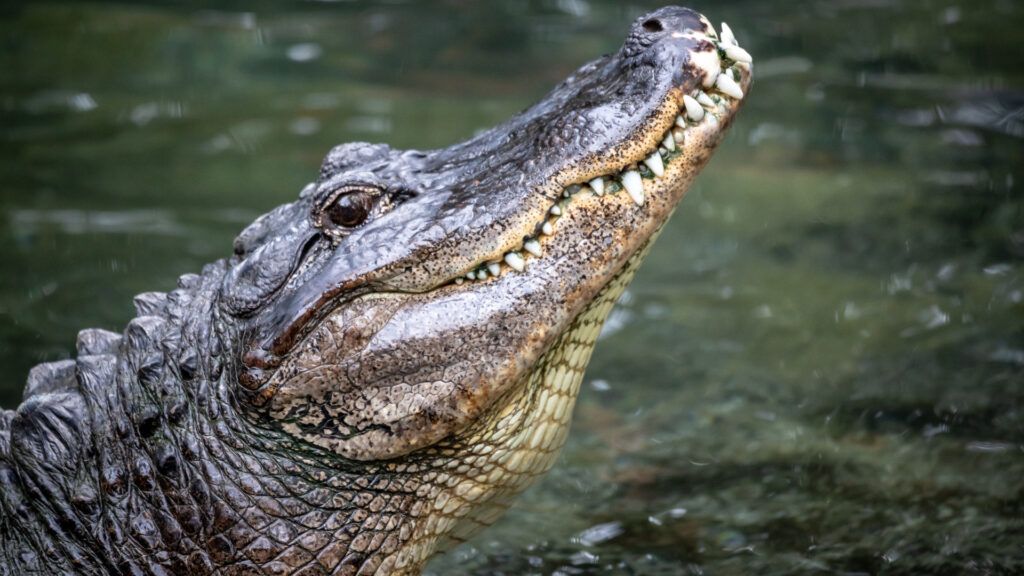Scientists have just discovered that female crocodiles can produce offspring without males
In January 2018, a female crocodile in a Costa Rican zoo laid a clutch of eggs. She’d been living alone for 16 years.
She produced a foetus that was 99.9% genetically identical to herself in a phenomenon that is known as facultative parthenogenesis or “virgin birth.”
In a study published on June 7 in the journal Biology Letters, researchers said seven of the 14 eggs produced by the crocodile were viable.
Zoo caretakers incubated these eggs, but they didn’t hatch, so after three months, they opened them. The contents of six of the eggs was “not discernable,” but one contained a fully-formed, but non-viable fetus. Genetic analysis showed it was almost identical to the mother.
The concept may sound bizarre to humans, but according to researchers this type of reproduction is not unheard of across the animal kingdom. This is however, the first time it’s been witnessed in crocodiles.
Yahoo News reports: Crocodiles don’t give birth, of course, but this lone female laid fertile, viable eggs in 2018. One even developed into a fetus containing only the mother’s genetics, but the egg unfortunately never hatched. NBC News sat down with biologist Jeff Corwin to talk about this fascinating find.
That’s mindblowing! It’s one thing to learn about a single-celled organism reproducing by itself (thanks, high school biology), but this is game-changing information about an exotic animal we thought we were familiar with. If we’re being honest, we had to listen to some facts twice for them to sink in!
There was no shortage of comments likening this croc to the Virgin Mary, and we’d be lying if we said we didn’t think of that, too. Even so, we are just so impressed with this Costa Rican crocodile and her ‘miracle’ that we are itching to learn more.
As USA Today explains, this zoo animal had been isolated from other crocodiles for her whole life. Scientists also know that no male fertilized her eggs because only the mother’s genetics were present in the stillborn fetus.

